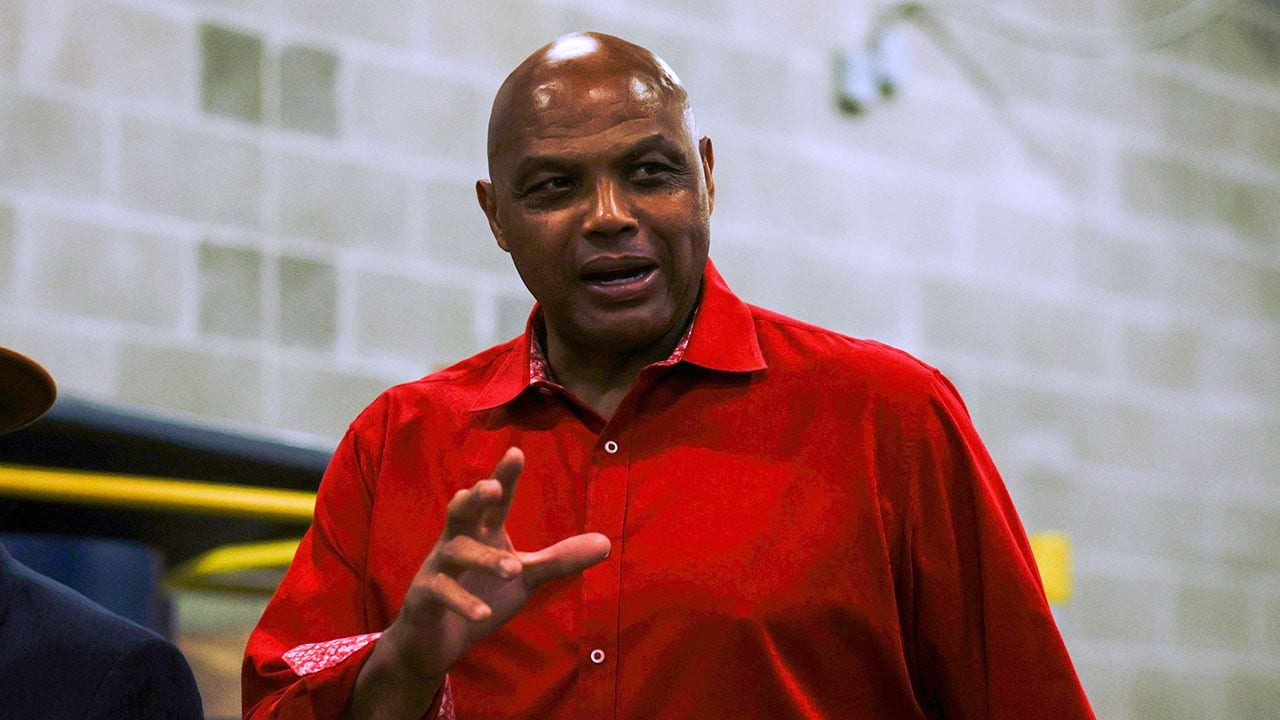The death toll from the wildfires sweeping through south-eastern South Korea has risen to at least 24, the Chosun Ilbo daily reported on Wednesday, with authorities fearing the numbers could continue to climb.
At least 26 people have been injured, 12 of them seriously, in the fires raging in the south-east of the country since Friday, according to Chosun Ilbo.
Over the weekend, four first responders died while battling the flames.
On Wednesday, a 73-year-old helicopter pilot was killed when his aircraft crashed during firefighting efforts in the Uiseong district. The cause of the crash was initially unclear, with authorities temporarily grounding some 140 helicopters in the affected areas.
According to South Korea's Yonhap news agency, around 5,000 firefighters and more than 140 helicopters are currently in action to combat the fires, which have already destroyed some 17,000 hectares of forest.
Prime Minister Han Duck Soo said in a televised address that "the fires are threatening to cause damage like we have never seen before". According to local media, these are the third-largest forest fires in South Korea's history.
Authorities have declared at least four counties in the region disaster zones.
The fires, which began in Sancheong County, about 250 kilometres south-east of Seoul, have caused significant destruction. Several historical sites have been destroyed.
Goun Temple in Uiseong, built in 681, was destroyed, Yonhap reported, adding that national treasures stored in the ancient temple had been relocated before its destruction. The historic Hahoe village, which UNESCO declared a World Heritage site in 2010, is also threatened by the flames.
Authorities have ordered evacuations to protect residents.
The fires have been fuelled by dry winds and a prolonged drought, according to officials.
Although light rain is forecast for the south-east of the country on Thursday, it is unlikely to be enough to make a significant difference to the firefighting efforts.
Wildfires are not uncommon in South Korea during dry spells. In recent years, both average temperatures and extreme weather events have increased in the country, significantly increasing the risk and severity of fires.
Experts view the increase in wildfires as a sign of the ongoing effects of climate change.
.png)
 German (DE)
German (DE)  English (US)
English (US)  Spanish (ES)
Spanish (ES)  French (FR)
French (FR)  Hindi (IN)
Hindi (IN)  Italian (IT)
Italian (IT)  Russian (RU)
Russian (RU)  3 days ago
8
3 days ago
8









Comments